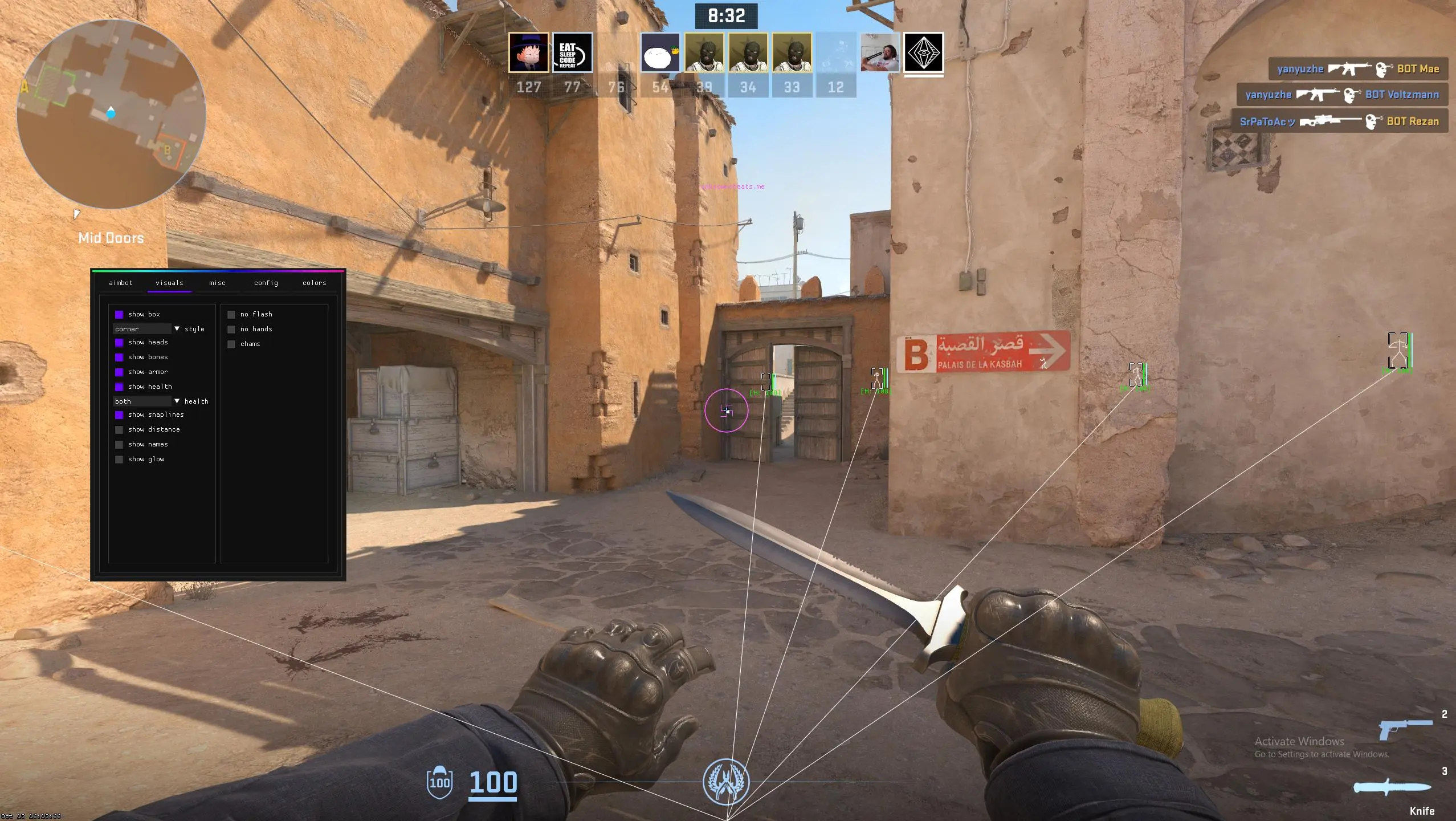CXBOS Insights
Your daily dose of news, insights, and information.
When Cheaters Go Silent: The Hidden Guardian of Fair Gaming
Uncover the secrets behind silent cheaters and their impact on fair gaming. Discover how to protect your gaming experience now!
The Psychology Behind Cheating: Why Some Players Choose to Break the Rules
Cheating in competitive settings has perplexed psychologists for years, and understanding the psychology behind cheating reveals the complex motivations that drive some players to break the rules. Factors such as pressure to perform, fear of failure, and the pursuit of status can push individuals to compromise their integrity. Many players may feel overwhelmed by the expectations placed upon them, leading to a form of cognitive dissonance where the desire to win outweighs their moral compass. In this high-stakes environment, the thrill of breaking the rules can become an alluring escape from the anxiety of potential loss.
Moreover, social dynamics play a significant role in the decision to cheat. Peer influence and the culture within a team or community can normalize dishonest behaviors, making individuals more likely to justify their actions. For example, if a player observes others successfully cheating and escaping consequences, they may rationalize that such behavior is acceptable or even necessary to succeed. This creates a vicious cycle where cheating becomes a common practice, further eroding the ethical standards within the sport or game. Ultimately, the psychology behind cheating is a fascinating interplay of individual motivation and social context that warrants deeper exploration.

Silent Protectors: How Anti-Cheat Systems Operate Behind the Scenes
In the world of online gaming, anti-cheat systems serve as the unsung heroes, operating silently in the background to ensure fairness and integrity. These systems utilize a combination of techniques, including behavior analysis, signature scanning, and machine learning algorithms, to detect cheating behavior. For example, if a player exhibits unusually high accuracy or rapid response times, the anti-cheat system can flag these anomalies for further investigation. Behind the scenes, these systems continuously monitor gameplay, adapting to new cheating methods to stay one step ahead of potential offenders.
Moreover, most anti-cheat systems employ a layered approach to security that includes client-side and server-side verification. Client-side measures involve real-time checks during gameplay, while server-side checks analyze data after matches to identify suspicious patterns. This dual-layered strategy not only enhances detection rates but also serves as a deterrent for potential cheaters who are aware of their presence. As technology evolves, the battle against cheats continues to intensify, underscoring the importance of these silent protectors in maintaining a level playing field for all players.
What Happens to Cheaters When They Go Silent? Exploring Consequences and Remedies
When cheaters go silent, the consequences can be profound and far-reaching. Emotional turmoil often escalates within relationships, leaving partners in a state of confusion and heartbreak. Silence can be interpreted as an admission of guilt, leading to feelings of betrayal and abandonment. The absence of communication creates an emotional vacuum, wherein questions of loyalty and trust linger unanswered. This silence can prompt victims to seek support from friends or family, initiating discussions about remedies for healing and moving forward. As time passes, unresolved issues may become overwhelming, potentially leading to the dissolution of the relationship altogether.
On the other hand, the cheaters themselves may experience a range of consequences when they choose to withdraw. Silence can serve as a coping mechanism for guilt or shame, but it also prevents them from confronting the reality of their actions. The internal struggle often manifests in anxiety and depression, as unresolved feelings weigh heavily on their conscience. To remedy the situation, engaging in honest communication is crucial. Whether through counseling or direct conversations with those affected, facing the repercussions of their actions head-on can offer a path to redemption and personal growth. In this light, the silence of a cheater not only impacts their victims but also leads to a cycle of pain and the potential for regret.